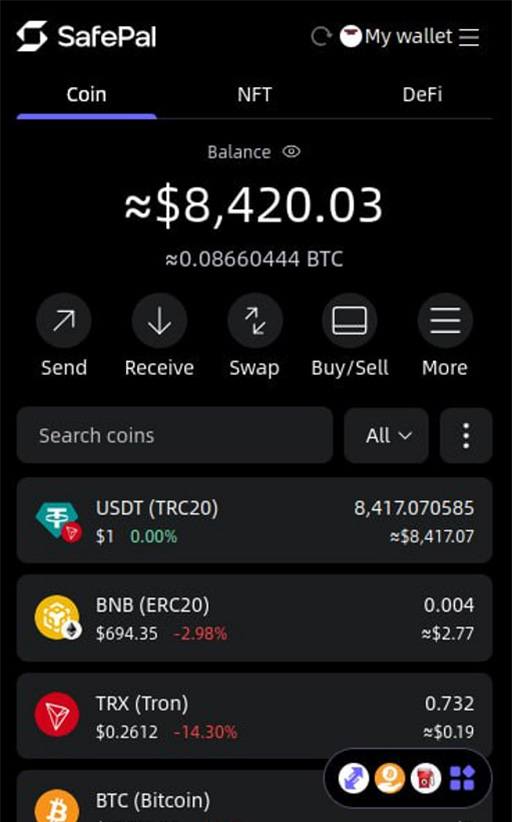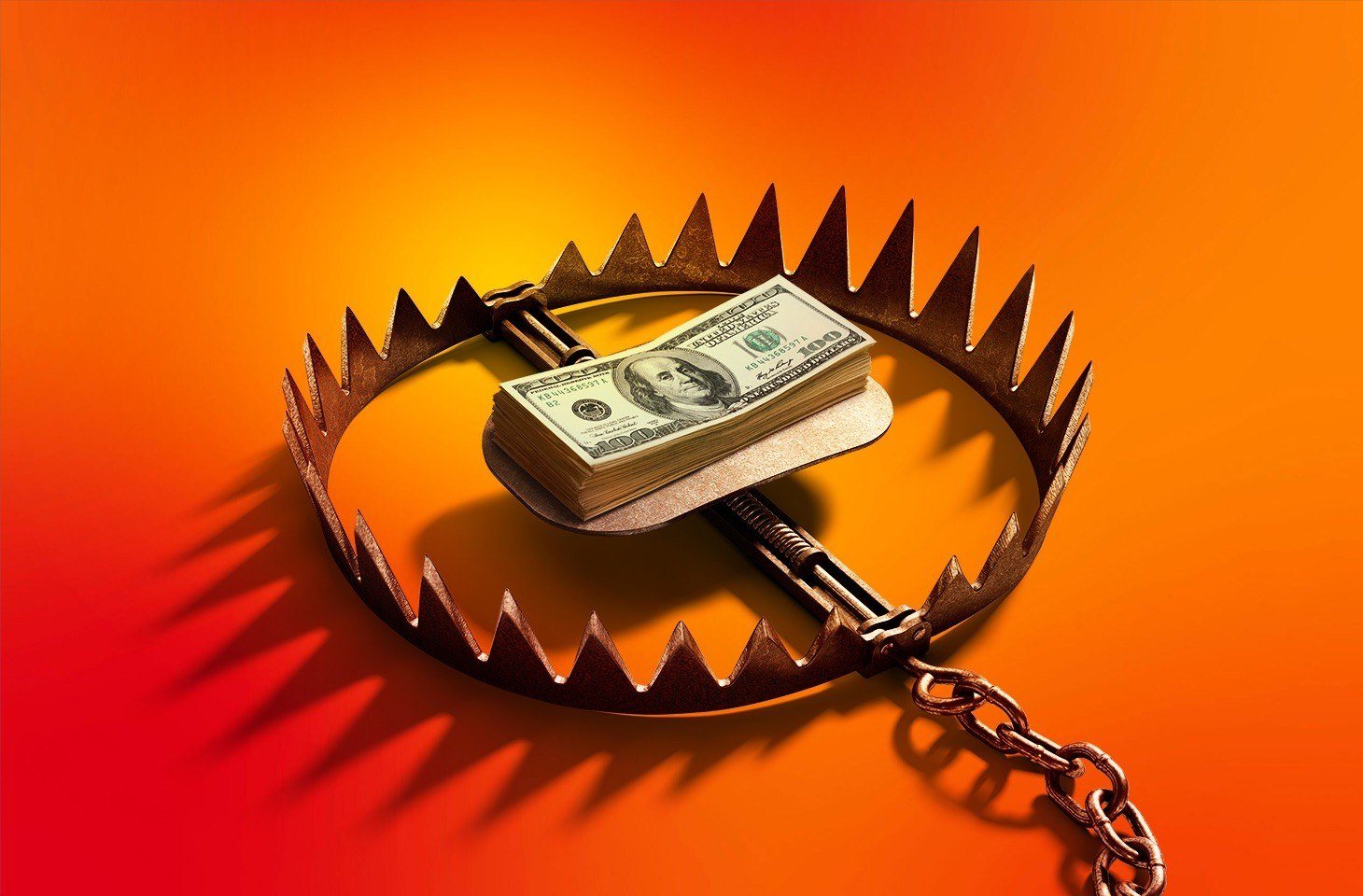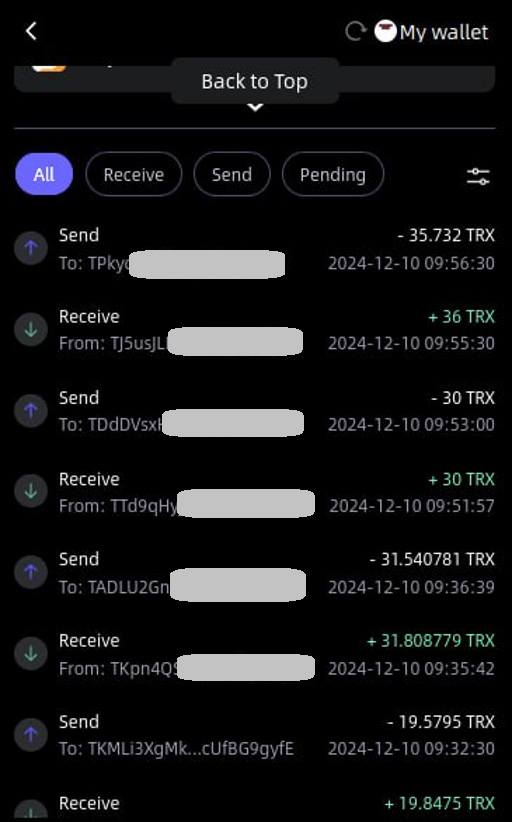“I have a question. I have USDT stored in my wallet, and I have the seed phrase. How to transfer my funds to another wallet?”
— we found a comment like this under a finance-related video on YouTube. And the seed phrase was revealed in full in the comment.
This looked suspicious: even a complete cryptocurrency beginner should know better than to share their seed phrase with the entire world. We were wary, and for a good reason — this comment turned out to be a scam.
Keep reading to find out what can go wrong if you somehow come across someone’s seed phrase…
“I give you the seed phrase, and you help me transfer my money to another wallet”
Let’s start with the basics. A seed phrase is a randomly generated unique sequence of dictionary words that together form a phrase needed to recover access to a cryptowallet. When someone shares their seed phrase — essentially the key to their wallet — it looks extremely suspicious. We then discovered similar comments, each containing the same recovery phrase and a request for help transferring funds to another platform. Notably, all these messages were posted from newly created accounts.

In similar comments written from newly created accounts, supposedly “crypto newbies” generously share their seed phrases
Now, let’s imagine for a second that someone reading one of these comments is a little unscrupulous and, instead of helping the newbie, decides to take a peek inside the wallet (after all, they have the key). Upon opening the wallet, they’re pleasantly surprised to find it stuffed with USDT: a TRC20 token on the TRON network tied to the value of the US dollar. The wallet contains the equivalent of eight thousand dollars. Well, what to do next? The correct answer would be to remember that there’s no such thing as a free lunch, and steer well clear of the wallet.

Finding several thousand US dollars in someone else’s wallet looks like a lucky chance to get rich for a immoral person
However, the scam assumes that our nefarious passerby will want to appropriate all or at least part of the cryptocurrency. But to withdraw USDT, a small fee must be paid in another currency: TRX (the TRON cryptocurrency token). Unfortunately, the wallet doesn’t have enough TRX, so the thief tries to transfer TRX from their own personal wallet — only to discover that the tokens they transferred immediately ended up in a completely different, third wallet.
The catch is that the bait is set up as a multi-signature wallet. To authorize outgoing transactions in such wallets, approval from two or more people is required, so transferring USDT to a personal wallet won’t work — even after paying the “commission”.
So, the scammers are impersonating beginners who foolishly share access to their cryptowallets, tricking equally naive thieves — who end up becoming the victims. In this scenario, the scammers are something like digital Robin Hoods, as the scheme primarily targets other crooked individuals. But this twist is nothing new — we’ve previously covered a much more elegant crypto fraud scheme, also aimed at unprincipled people.
How to protect yourself from crypto scams
The way to protect against the above-described scam is quite simple: just be a decent person and don’t try to get into other people’s cryptowallets — even if the seed phrase is left in the comments of your favorite YouTube channel or even slipped under your front door.
In all other cases, crypto asset owners can follow these universal tips and recommendations:
- Learn about the latest scams aimed at stealing cryptocurrency to stay aware of current trends.
- Secure your devices with reliable protection.
- Double-check any information received from strangers: scammers can pose both as beginners in the crypto world or as experienced trading sharks.
 fraud
fraud


 Tips
Tips